Aromatherapy has its roots in Europe with both England and France popularizing different practices of aromatherapy. Today, aromatherapy has become more mainstream and essential oils are easily accessed through many different suppliers. With more suppliers on the market, it can be difficult to assess quality essential oils brands and how to ensure you are getting quality essential oils.
Before we get to my recommended best essential oil brands, we need to understand what essential oils are and how they are produced. Understanding what essential oils are and how they are produced helps us know why we look for certain factors when purchasing them.
Essential Oils Definition
Here’s my definition of essential oils: Essential oils are volatile substances produced by plants for various reasons and distilled by people. Fun fact: essential oils are produced through secondary metabolite pathways meaning that they are not required for plant life!
Let’s break that definition down a bit. The first part of the definition is that essential oils are volatile substances produced by plants. It’s important to understand that essential oils are comprised of the volatile, meaning the smaller and lighter, compounds of plants. Plants are made of and produce a variety of chemical constituents. It’s important to note that essential oils will only contain the volatile constituents because essential oils are different in chemical makeup from the whole plant. It is also important to understand that many pesticides also contain volatile compounds which means that if pesticides in the plant are present, they can also be distilled into the final essential oil product.
Key Points:
- Essential oils are made up of the smaller, lighter compounds of plants.
- These volatile compounds can include pesticides if present in the plant.
- Most essential oils aren’t found in plants in the same state as they are in bottles; they are typically processed.
Essential Oil Production Methods
The next part of the definition is that essential oils are distilled by people. It may surprise you to know that most essential oils aren’t actually found in plants in the same state as you would find them in the bottle. In most cases, essential oils must be processed and produced.
- Steam Distillation: Plant material is heated with water, and the steam carries the volatile oils. The steam is condensed, leaving hydrosol and essential oil. Steam distillation is the most common production method.
- CO2 Extraction: Uses carbon dioxide as a solvent to extract heavier constituents, often resulting in a more aromatically accurate oil.
- Expeller Pressing: Used for citrus oils, where the rind is mechanically pressed to expel the essential oil.
- Solvent Extraction: Uses solvents like hexane, but these extracts are typically not used in aromatherapy due to residual solvents.
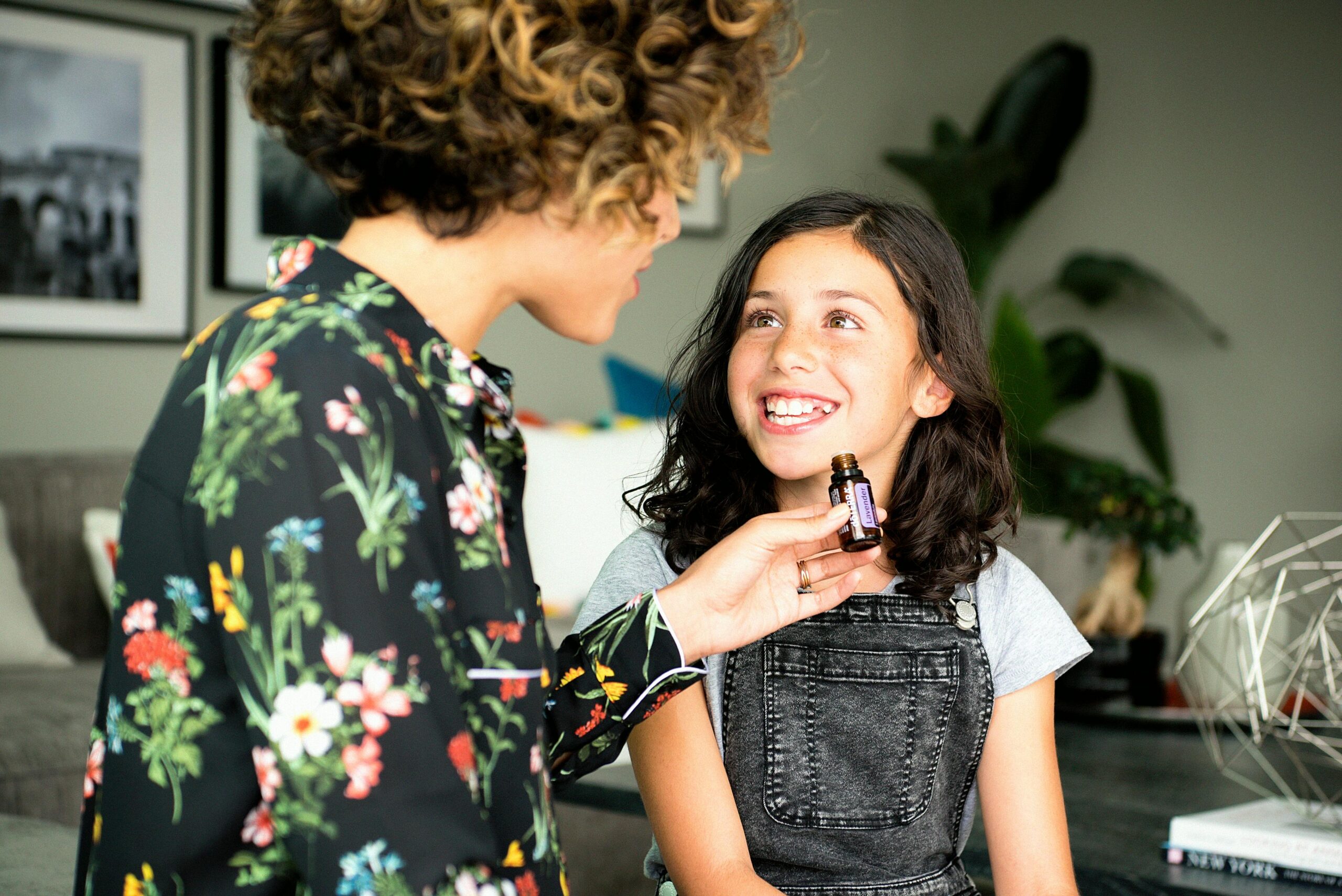
Factors to Consider When Buying Essential Oils
Now that you understand what essential oils are and how they are produced, we can talk about how to make sure you’re purchasing a high quality essential oil from a reputable brand. It’s also important to note that there is a lot of misinformation and misleading marketing terms used in the essential oil industry.
Purity
Due to the volatile nature of both essential oils and pesticides/chemicals, one of the first factors to consider when evaluating an essential oil brand is if they are certified organic.
Since you are putting essential oils on the skin as well as inhaling them, you want to make sure there are no pesticides in your essential oils.
- Look for third-party organic certifications like USDA Certified Organic or ECOCERT
- Beware of marketing terms like “natural,” “100% pure,” or “therapeutic grade”—these are not regulated and can be misleading.
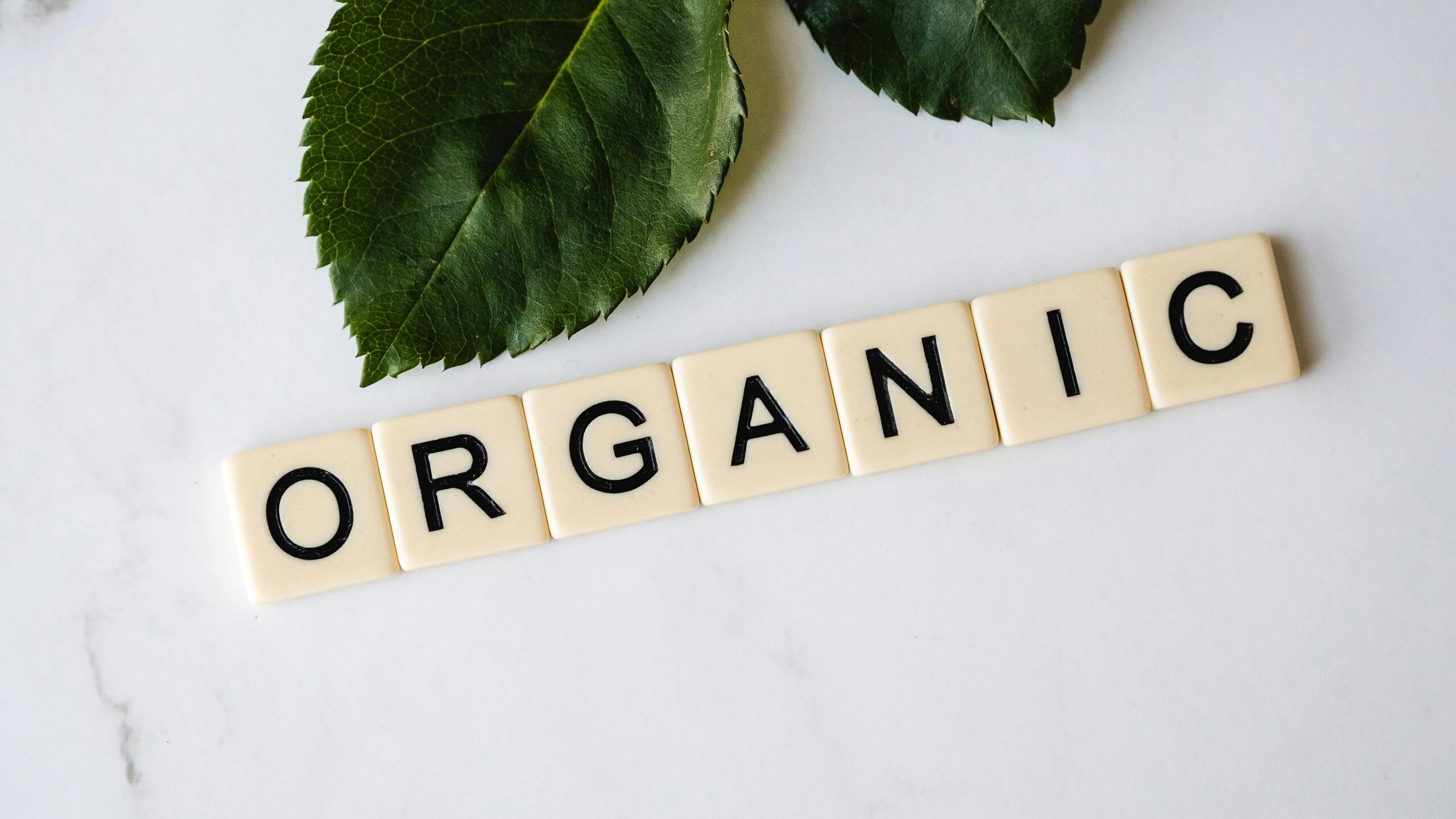
Sourcing and Ethical Practices
As an herbalist and plant lover, I would be remiss if I did not mention that sustainability is an important factor when it comes to where I’m purchasing my essential oils and herbs. I want to ensure that I am purchasing responsibly and from companies that care about the plants and the environment. Plants are not an infinite resource and there have been issues with depletion and plants that have been overharvested.
I’ll often look for comments around sustainability when I’m evaluating a new company to purchase from. I’ll also see if they carry essentials from plants that are at-risk and that’s a possible red flag for me. Sustainability as well as ethical sourcing are a top factor to ensure that we have plants and essential oils for years to come.
One way to evaluate a company’s commitment is to sustainability and ethical sources is to check out their about page, mission/values page, FAQs, or any “giving back” type programs. You can always email a company as well to ask questions and get more information about their sustainability and ethical sourcing practices!

Third Party Quality Testing
GC/MS testing stands for Gas Chromatography-Mass Spectrometry testing. It is a highly advanced and precise method used to analyze the chemical composition of substances, including essential oils. This testing is crucial for ensuring the quality, purity, and safety of essential oils since this is nearly impossible to do on your own.
GC/MS testing can tell trained aromatherapists the chemical composition of an essential oil and can inform therapeutic actions and ways that we use the oil therapeutically. GC/MS testing can also confirm that the chemical composition of an essential oil is as expected.
In addition, GC/MS testing can help identify any chemical constituents or substances that shouldn’t be in the essential oil and thus can help identify adulteration or other impurities.
Don’t worry, you don’t have to know how to read a GC/MS! It’s enough to know that a reputable essential oil brand will supply you with one. And you need to ensure that it is batch specific. This means that each lot of essential oil will have a specific GC/MS report associated with it.
I consider GC/MS testing a critical process for verifying the purity, quality, and safety of essential oils. By understanding and seeking out products that have undergone this rigorous testing, you can ensure you are purchasing high-quality essential oils that deliver the intended benefits without unwanted contaminants.

Green Lights for Best Essential Oil Brands
- Transparent marketing, even if they include terms like “certified therapeutic grade” or “100% Pure” they state on their website that those terms don’t really mean anything.
- Third Party GC/MS Batch Specific testing for each oil.
- Aromatherapist with training on staff (detailed about page)
- Clear commitment to sustainability/ethical sourcing
- For each essential oil listing they include:
- The common and Latin name of the plant
- The plant part the essential oil is produced from
- The location/country of origin where the plant was harvested from
- The extraction method
- Safety Considerations

Potential Red Flags for Essential Oil Brands
- Use of marketing terms like “certified therapeutic grade”
- Very cheap essential oils
- No 3rd party testing, batch specific GCMS testing
- No aromatherapist on staff
- No commitment to sustainability/ethical sourcing
- Not listing the plant part where the essential oil is obtained from
- Not listing the location where the plant was grown
- Using pushy sales tactics to get you to purchase
- Unsafe recommended usage like ingestion and applying undiluted without safety considerations
- Not listing safety concerns for each essential oil
Recommended Best Essential Oil Brands
Aromatics International
My go-to essential oil brand. High quality oils with batch specific GS/MS. Lots of great info on the site about uses and safety. I love how they label their oils!
Plant Therapy
A great affordable company! They have a TON of great blends and are a great alternative to MLMs. Extremely affordable and great aromatherapists on staff!
Original Swiss Aromatics
A boutique essential oil brand owned and operated by the famous American Aromatherapist Dr. Kurt Schnaubelt. I love this company for the highest quality unique essential oils like my favorite Vitex EO!
Safety Considerations When Using Essential Oils
Essential oils are highly concentrated substances and there are some general safety guidelines to follow when using essential oils. First and foremost, although essential oils are produced from plant matter and are natural, it should not be assumed that just because they are natural they are 100% safe. It is important to note that there are hundreds of essential oils and they all contain different constituents making them incredibly different.
It is best to start off learning about a small number of essential oils then adding more to your collection as you go. My favorite way is to start with 5 different essential oils and learn about those 5. Then when you’ve mastered the first 5, add 5 more and keep building. Not only will this approach help you to concentrate your learning, it will also save you money from purchasing unnecessary oils!
It is also important to note that just like other modalities of natural health, trained aromatherapists often use essential oils differently than the lay person because they have received training on advanced applications. I commonly recommend inhalation and topical to the general population. Essential oils can also be ingested; however, it is not recommended that you ingest essential oils unless you have received advanced training. Likewise, the use of essential oils undiluted, or neat, is also not recommended without advanced training. Yes, essential oils can be used internally and undiluted and there are specific ways to do so with additional safety cautions.
Some essential oils are skin sensitizers and should not be used, or should be used with caution on the skin. Additionally, some essential oils are phototoxic meaning that when applied to the skin then exposed to sunlight, they can cause a severe reaction.
Essential oils can cause adverse reactions. It is suggested that you discontinue using essential oils if you experience any adverse effects. Please consult with your licensed provider before using essential oils for any medical conditions.

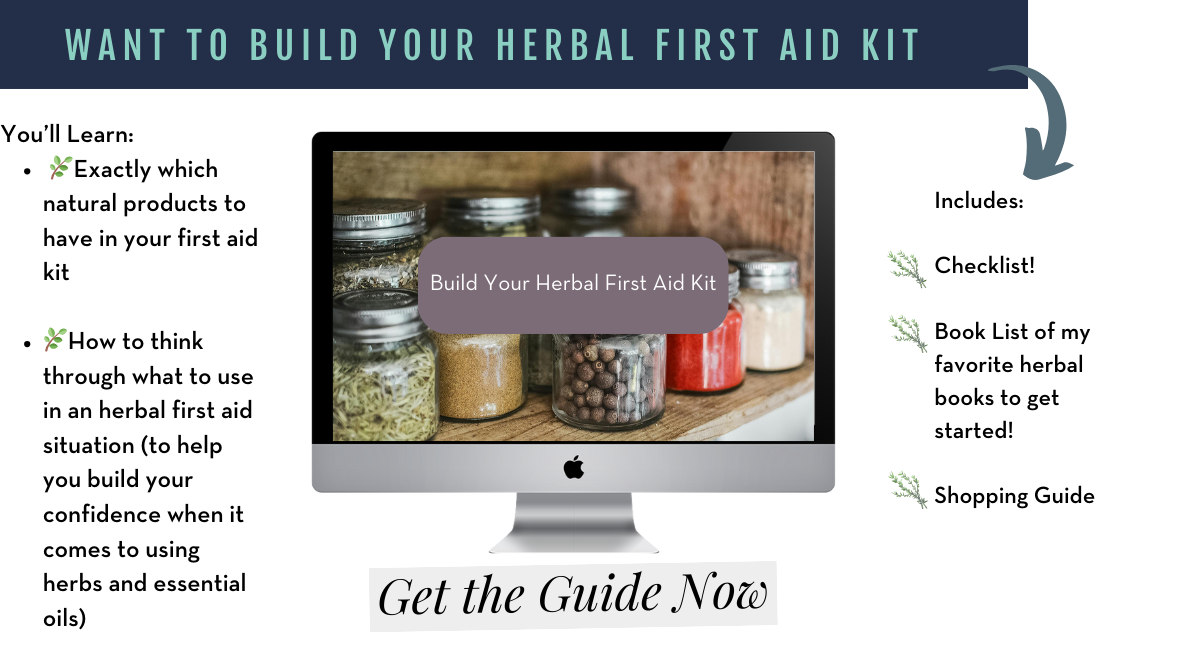
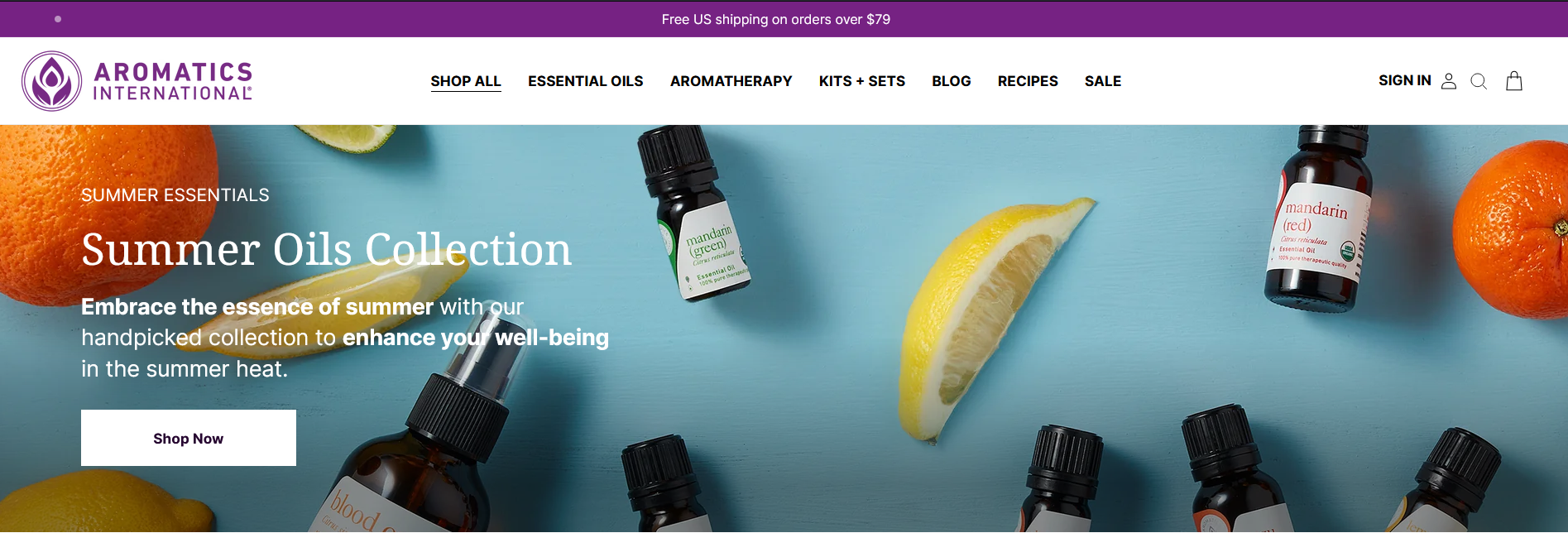

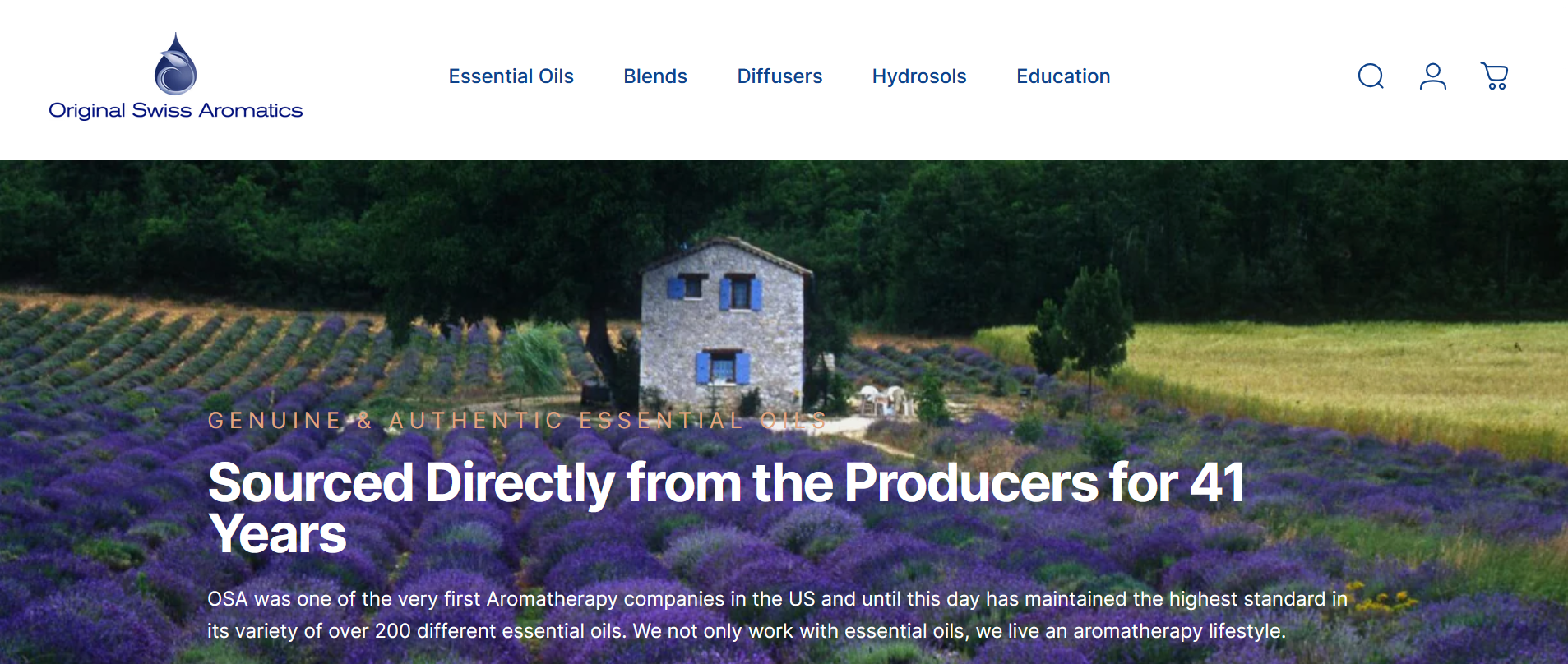
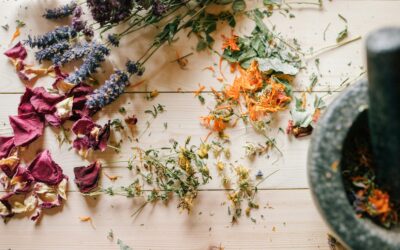
0 Comments